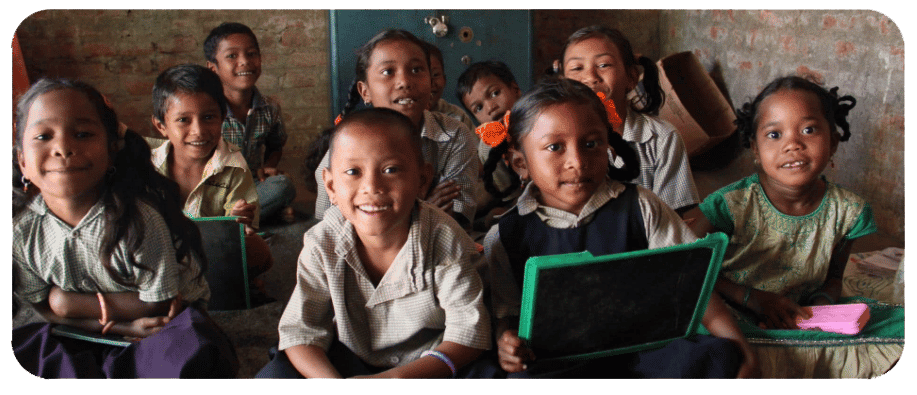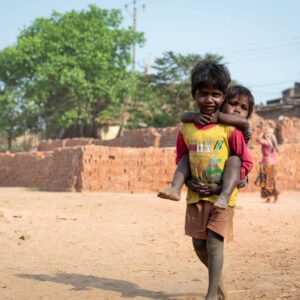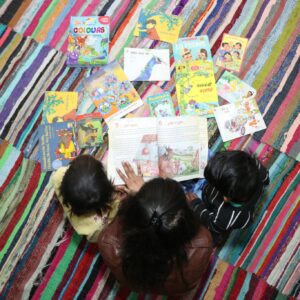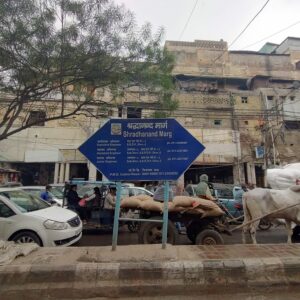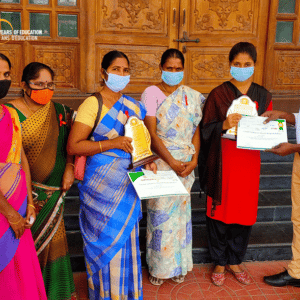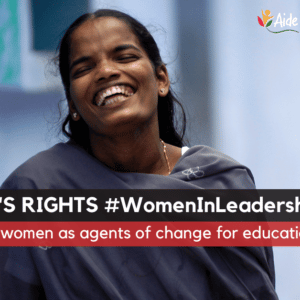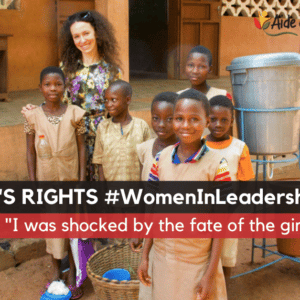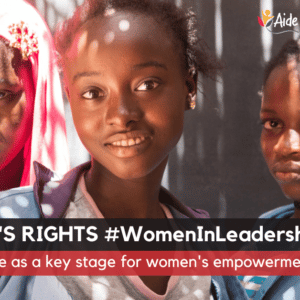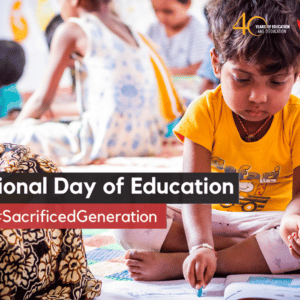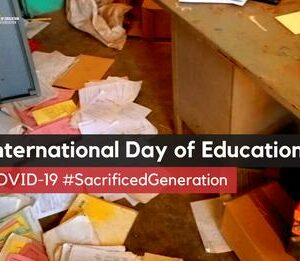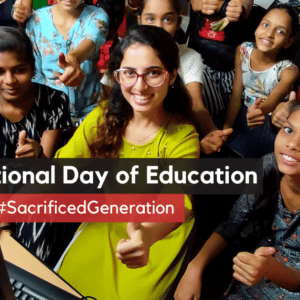COVID-19 has shaken the world, claiming thousands of lives, destroying millions of jobs, and bringing the world as it was once known to a halt. But beyond the human, social and financial consequences that weigh on our daily lives, the crisis is proving to be more insidious than it seemed, gradually revealing silent catastrophes, which plague the world today and that of tomorrow. Aide et Action is sounding the alarm bells on the International Day of Education (24 January).
The Covid-19 pandemic and the accompanying lockdown measures have condemned millions of people, children and adults, to lockdown for more than 21 months. Such long-term social restrictions, even if necessary, cannot be without consequences.
An inability to integrate socially and economically
Overnight, 1.6 billion children[1] were out of school worldwide. More than 500 million[2] have been excluded from any kind of education and will probably never be able to make up for the many learning losses, raising fears of early school leaving for more than 24 million[3] children and a long-term inability to integrate socially and economically in society.
More fragile mental health
1 in 7 children have been directly affected by more or less long-term lockdown measures … For some, almost 3 years after the start of the pandemic, life has still not returned to normal. Their education, recreation, family, and social relationships have been disrupted. Among the youngest, the crisis gave rise to stress, deprived them of fundamental landmarks, tactile and emotional contacts essential to their development. Wearing a mask in adults risks causing them to more or less recoverable language delays. For adolescents, those old enough to understand the situation, the concern linked to the pandemic, the risks of contamination, the loss of jobs and income that could affect their families, generated a feeling of fear, anger and anguish. An international survey by UNICEF and Gallup of children and adults in 21 countries shows that 1 in 5 young people aged 15 to 24 report feeling often depressed or unwilling to do anything at all due to the pandemic[4]. The pandemic has only worsened the already fragile mental health of many young people. According to a new study, the contribution to savings lost due to mental disorders among young people is estimated at nearly 390 billion dollars a year.
A steep rise in violence
The period of lockdown, the anguish of illness, job losses and shortages in income as well as the uncertainty of the future have not spared adults. They too have been confronted with significant stress which has led to an increase in violence in almost all countries of the world. In France, calls to the national telephone reception service for children in danger (SNATED) increased by 89% in April 2020 compared to à 2019[5]. Millions of young girls, condemned to remain in their communities for months of confinement, have also been exposed to the worst abuses. They have suffered rape, assault, and harassment. More than 4 million young girls in sub-Saharan Africa were forcibly married during lockdown and the number of early marriages, 12 million per year before the pandemic, is expected to explode in the years to come[6]. Violence against women also jumped from 25% to 111% in ten countries, during the first months of confinement. In India, according to the Indian National Commission for Women, domestic violence has increased by 250% in the country[7].
Everything starts with education
Under these circumstances, what kind of future can we envisage? How can today’s children, deprived of basic school skills, with fragile mental health and exposed to months of the worst violence, become tomorrow’s enlightened adults, capable of building a more just and sustainable world? And today we only notice the most acute signs, the most violent and obvious crises, but these are only the emerging parts of the icebergs towards which the world is heading and on which it will inevitably stumble. Others will appear, perhaps more serious. Unless we act now. At Aide et Action we believe that everything starts with education. School is not only a place to acquire knowledge. It is above all a place of resilience for all young people. It offers a haven of peace, a benevolent space supervised by childcare professionals, where the most traumatised children can regain a sense of normality and compensate for the psychological and social difficulties experienced outside school. It is therefore imperative that all schools be reopened as soon as possible, in compliance with health conditions, and that teachers be trained so that they are able to take charge of the young people who have suffered the most from lockdown. Only if everyone has access to quality education can we build a better world tomorrow.
[1] UNESCO 2020
[2] Save The Children, Save Our Education, 2020
[3] UNESCO 2020
[4] Situation of children worldwide 2021 – In my head: Promote, protect, and take care of children’s mental health, UNICEF 2021
[5] SNATED, April 2020
[6] World Vision, COVID 19 Aftershocks : Access denied, 2020
[7] UN Women, 2021, https://www.unwomen.org/


